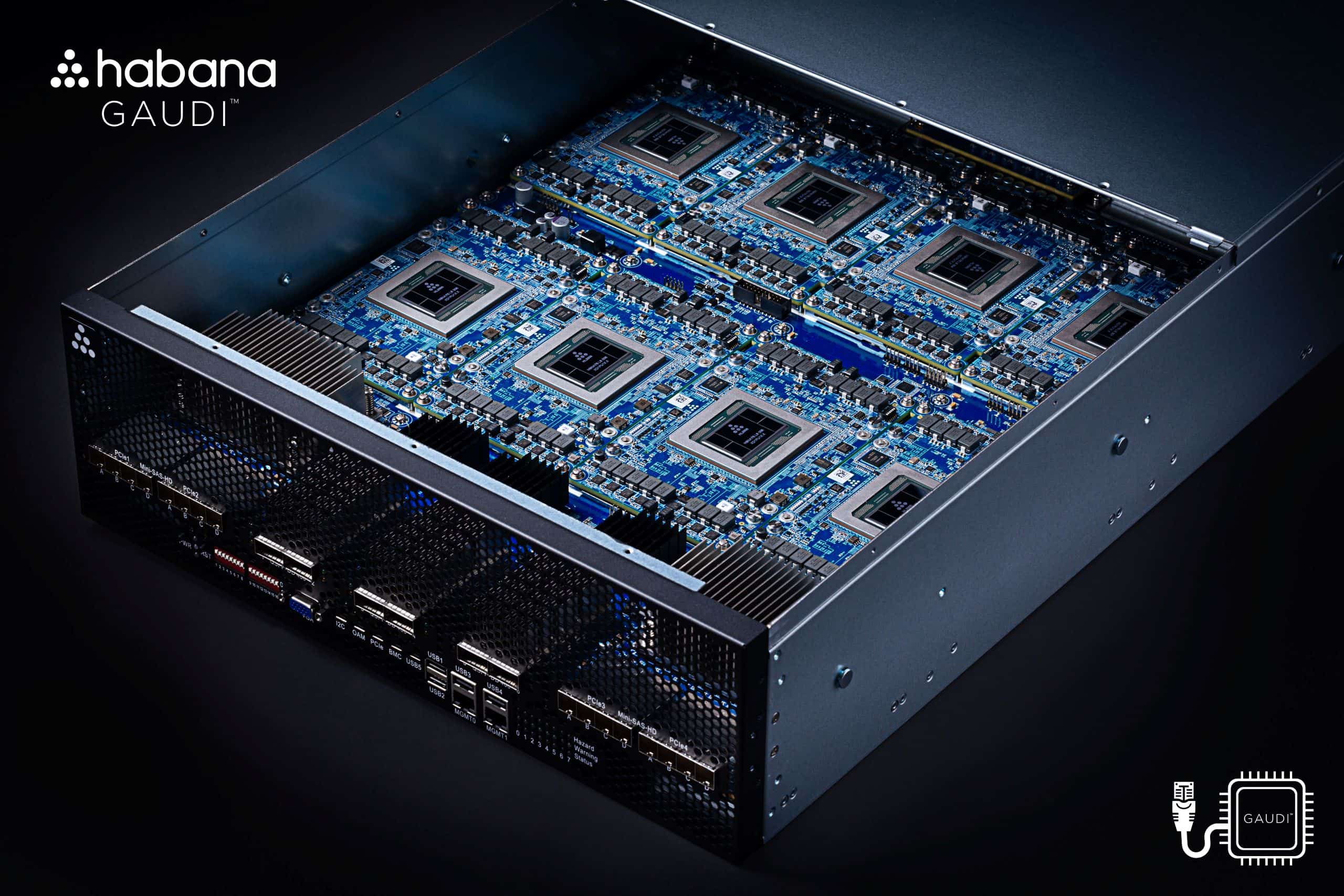
The big picture: Intel is keen to break new ground in the AI space, but playing hard and fast often results in casualties. Today that’s Nervana, an AI chip startup that Intel acquired in 2016 for roundabouts $400 million. Existing agreements will be honored, but from now on, all AI research efforts will be directed by Habana Labs.
Intel acquired Israeli startup Habana for $2 billion in December. Habana manufactures two products, the Habana Gaudi and Habana Goya. The former is a super-specialized neural network training chip, and the latter is the inferencing processor that runs those neural networks in active deployments.
The two products clash precisely with Nervana’s two processors, the NNP-I (neural network processor: inferencing) and the NNP-T (neural network processor: training). There was never room for both product lines, so Intel will continue to deliver on promised NNP-I models but are ceasing the development of NNP-T processors.
According to Forbes, one of the reasons for Intel’s new, cutthroat roadmap has been customer dissatisfaction with Nervana hardware. But it was already apparent that Nervana couldn’t keep up in a rapidly evolving market.
Two Nervana NNP-I chips achieve 10,567 inputs per second in ResNet-50, according to third-party benchmarks. Within the same power bracket, one Habana Goya reaches 14,451 inputs per second. And not only is Goya more powerful, but it has also been shipping since late 2018, while the NNP-I remains unreleased.
Buying out the competition was a logical move from Intel, but even so, what’s to say that another startup won’t render Habana obsolete? Groq is certainly trying its best. We hope Intel’s got some deep pockets because the war over AI accelerators is just beginning.























